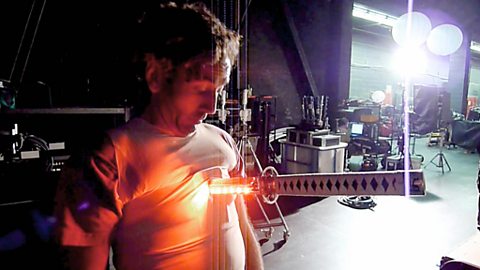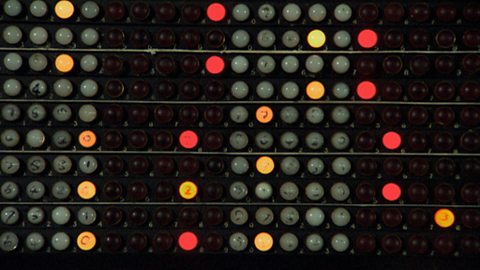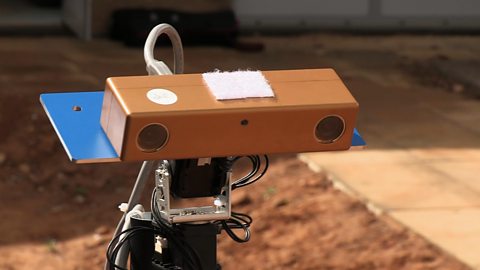Through interviews with Zoe Mode, a leading video games company based in the UK, we look at the important role that hardware plays in producing visually appealing and highly interactive video games, while also being introduced to the concept of the Fetch-Execute cycle.
A combination of animations, interviews and narration are also used to explore the hardware components within a games console, their jobs and how they fit into the Fetch-Execute cycle.
This clip is from the Megabits series.
Teacher Notes
A good illustration of the hardware components inside all computers and their job within the computer.
There is an opportunity to generate discussion around Input-Process-Output cycle and potentially the Fetch Execute Cycle.
There are opportunities to investigate Moores Law and how computers are getting faster.
Curriculum Notes
This clip will be relevant for teaching Computer Science for KS3, KS4 and GCSE and appears in OCR, Edexcel, AQA, WJEC in England and Wales, and SQA National 4, 5 and Higher in Scotland.
More from Megabits:
Merging the worlds of reality and make believe. video
A short film which explores how visual affects and computer animation professionals utilise hardware and programming capabilities of computers to create visual affects in films.

How computers changed medical research. video
This film looks at how scientists are using and increasingly depending on computer systems and how computing enables biologists to sequence species' entire genetic codes.

How computers changed the Second World War and future communication. video
A look at the creation of one of the first computers in 1943 called Colossus - designed and programmed to solve the problem of breaking German encrypted messages quicker than humans.

Using computers to explore new planets. video
This film focuses on the challenges of placing the Mars Rover, an unmanned robot, on a planet, without the use of maps or GPS.
